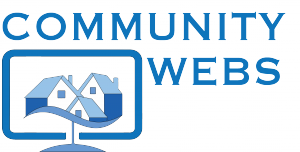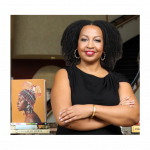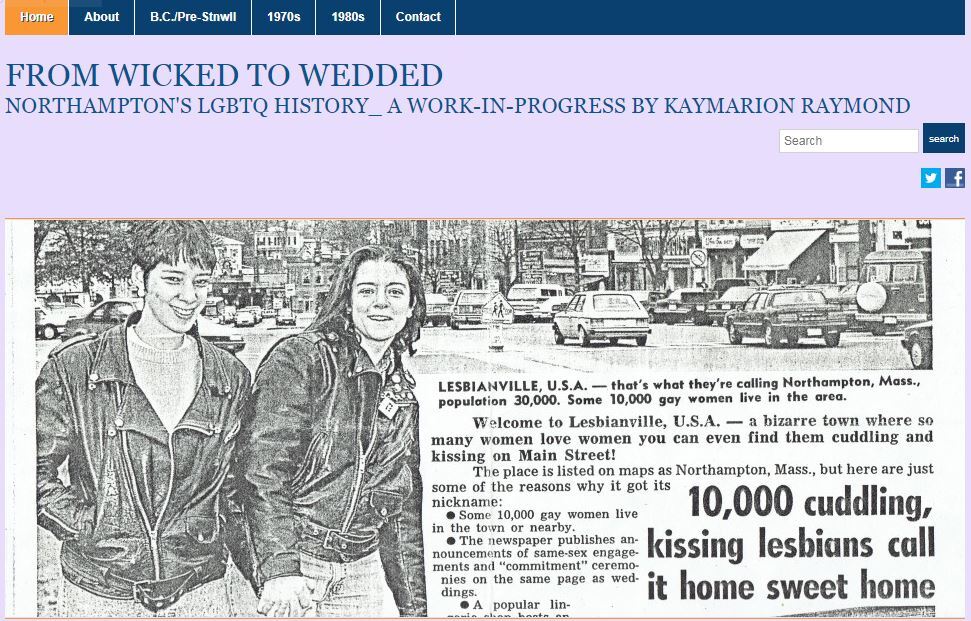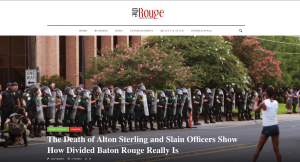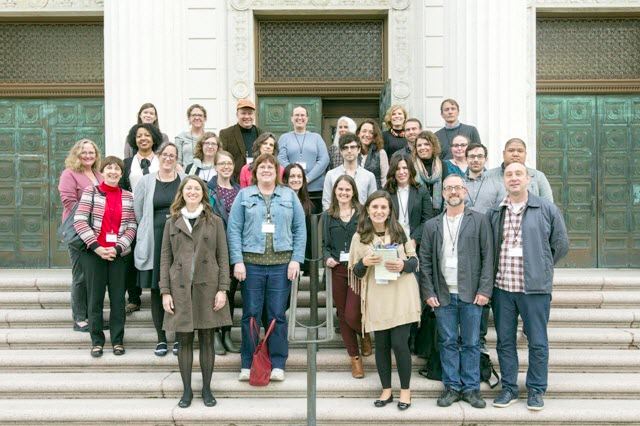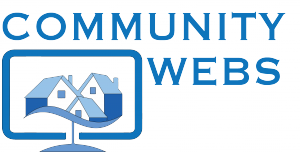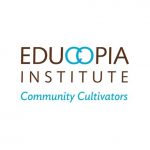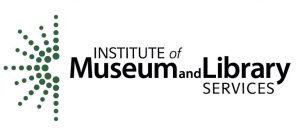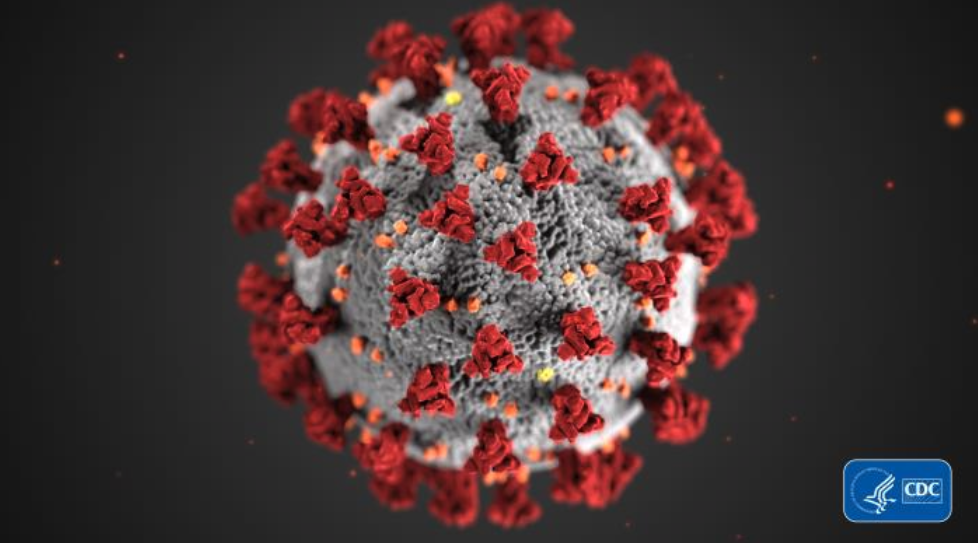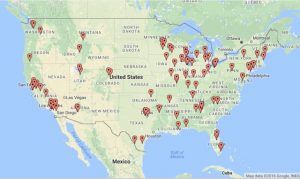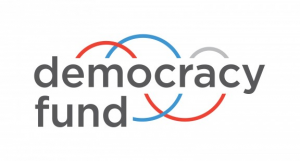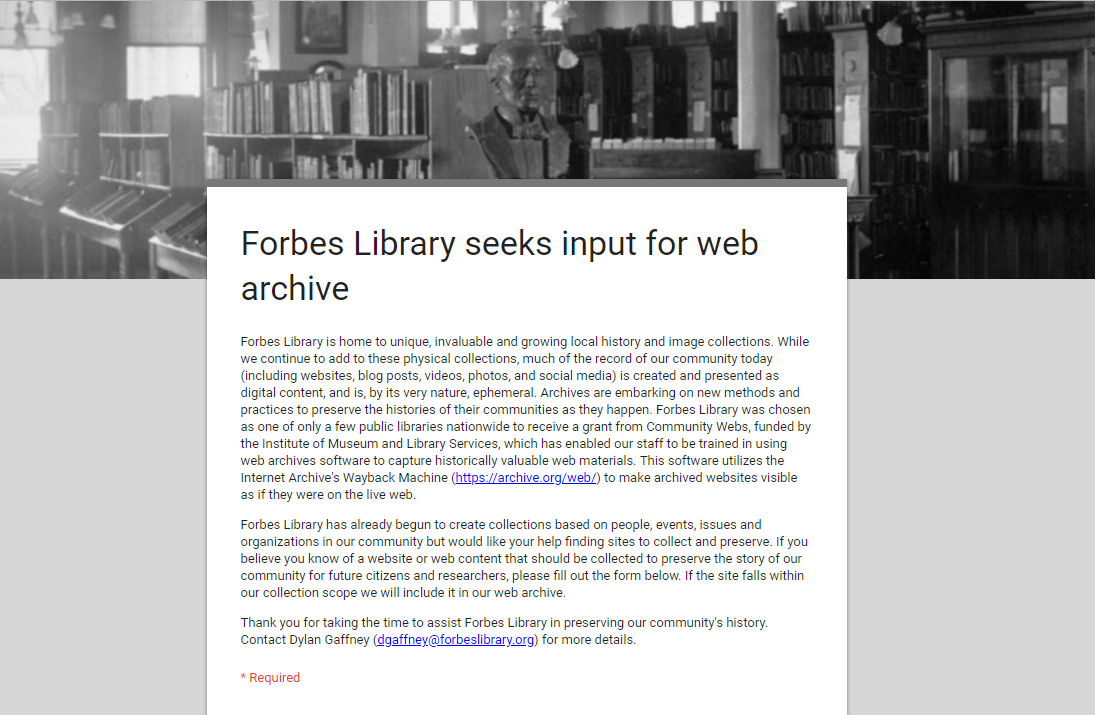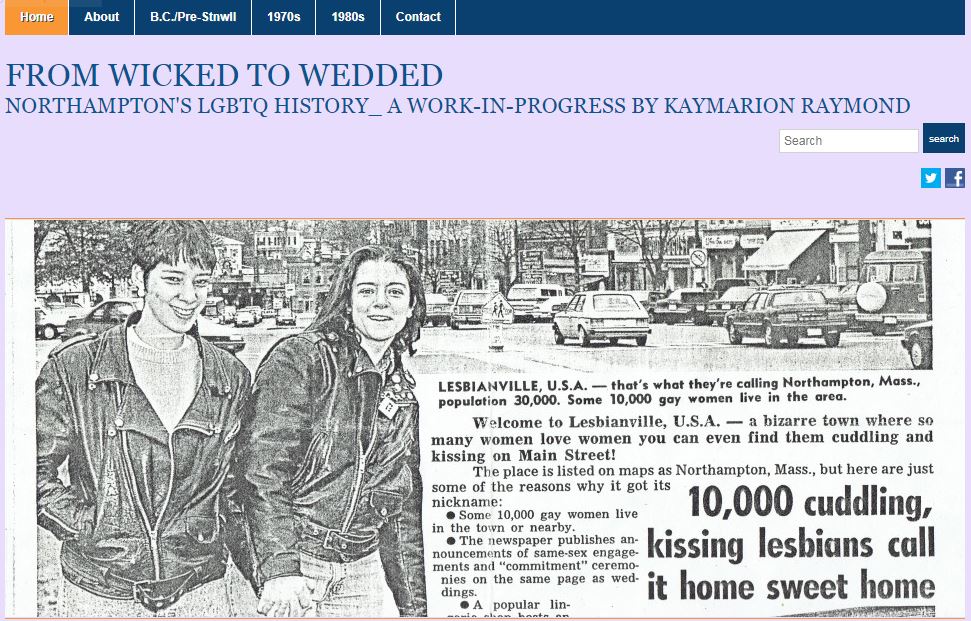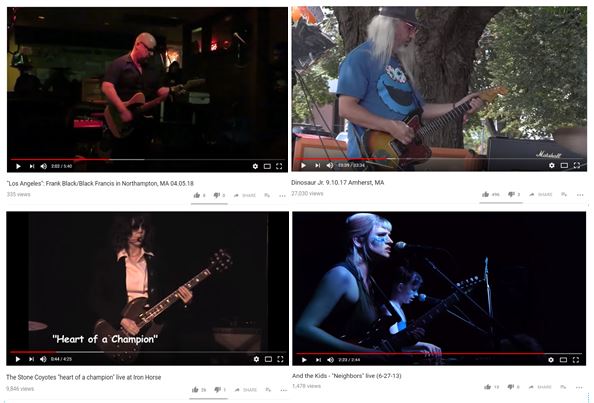The Internet Archive’s Community Webs Program provides training and education, infrastructure and services, and professional community cultivation for public librarians across the country to document their local history and the lives of their patrons. Following our recent announcement of the program’s national expansion, with support from the Andrew W. Mellon Foundation, we are excited to welcome the first class of 50+ new public libraries to the program. This brings the current number of new and returning Community Webs participants to 90+ libraries from 33 states and 3 US territories. This diverse group of organizations includes multiple state libraries representing their regions, as well as a mix of large metropolitan library systems, small libraries in rural areas, and libraries like the Feleti Barstow Public Library in American Samoa. All will be working to document their communities, with a particular focus on archiving materials from traditionally underrepresented groups.
The new cohort class kicked off with virtual introductory events in mid-March, where participants met one another and shared stories about their communities and their goals for preserving and providing access to local history materials. Member libraries are currently receiving training in topics such as collection development and starting to build digital collections that reflect local diversity, events, and culture.
Program participant Kathleen Pickering, Director of the Belen Public Library and Harvey House Museum in Belen, New Mexico notes that their library “is committed to free and open-source electronic resources for our patrons, especially given the low-income status of many of our residents” and Community Webs will help further that goal. Similarly, new cohort member Aaron Ramirez of Pueblo City-County Library District (PCCLD) found Community Webs to be a great fit for existing institutional goals and initiatives. “PCCLD’s five-year strategic plan directs us to embrace local cultures, to include individuals of all skill levels and physical abilities, and to enrich established partnerships and collaborations. The groups that have not seen themselves in our archives will find through this project PCCLD’s intention and means to listen and go forward as allies and as a resource of support, rather than an institution serving only the affluent.”
Makiba J. Foster, Manager of The African American Research Library and Cultural Center of Broward County, Florida pointed out that “as content becomes increasingly digital, we need this opportunity to document the digital life and content of our community which includes a diverse representation of the Black Diaspora.” Makiba was a member of the original Community Webs cohort in a previous position at the Schomburg Center for Research in Black Culture at New York Public Library, and recently presented on her work archiving the black diaspora to a group of more than 200 attendees.
The Community Webs Program is continuing to grow towards the milestone of over 150 participating libraries across the United States and will soon announce another call for applicants for a U.S. cohort starting in late summer. The program also is beginning to expand internationally, starting in Canada, exploring the addition of other types of libraries and cultural heritage organizations, and expanding its suite of training and services available to participants. Expect more news on these initiatives soon.
Welcome to our new cohort of Community Webs libraries! The full list of new members:
- Alamogordo Public Library (New Mexico)
- Amelia Island Museum of History (Florida)
- ART | library deco (Texas)
- Asbury Park Public Library (New Jersey)
- Atlanta History Center (Georgia)
- Bartholomew County Public Library (Indiana)
- Bedford Public Library System (Virginia)
- Belen Public Library and Harvey House Museum (New Mexico)
- Bensenville Community Public Library (Illinois)
- Biblioteca Municipal Aurea M. Pérez (Puerto Rico)
- Carbondale Public Library (Illinois)
- Cedar Mill & Bethany Community Libraries (Oregon)
- Charlotte Mecklenburg Library (North Carolina)
- Chicago Public Library (Illinois)
- City Archives & Special Collections, New Orleans Public Library (Louisiana)
- Dayton Metro Library (Ohio)
- Elba Public Library (Alabama)
- Essex Library Association (Connecticut)
- Everett Public Library (Washington)
- Feleti Barstow Public Library (American Samoa)
- Forsyth County Public Library (North Carolina)
- Hartford History Center, Hartford Public Library (Connecticut)
- Heritage Public Library (Virginia)
- Huntsville-Madison County Public Library (Alabama)
- James Blackstone Memorial Library (Connecticut)
- Jefferson Parish Library (Louisiana)
- Jefferson-Madison Regional Library (Virginia)
- Laramie County Library System (Wyoming)
- Lawrence Public Library (Massachusetts)
- Los Angeles Public Library (California)
- Mill Valley Public Library, Lucretia Little History Room (California)
- Missoula Public Library (Montana)
- Niagara Falls Public Library (New York)
- Pueblo City-County Library District (Colorado)
- Rochester Public Library (New York)
- Santa Cruz Public Libraries (California)
- South Pasadena Public Library (California)
- State Library of Pennsylvania (Pennsylvania)
- Tangipahoa Parish Library (Louisiana)
- The African American Research Library and Cultural Center (Florida)
- The Ferguson Library (Connecticut)
- Three Rivers Public Library District (Illinois)
- Virginia Beach Public Library (Virginia)
- Waltham Public Library (Massachusetts)
- Watsonville Public Library (California)
- West Virginia Library Commission (West Virginia)
- William B Harlan Memorial Library (Kentucky)
- Worcester Public Library (Massachusetts)
- Your Heritage Matters (North Carolina)
